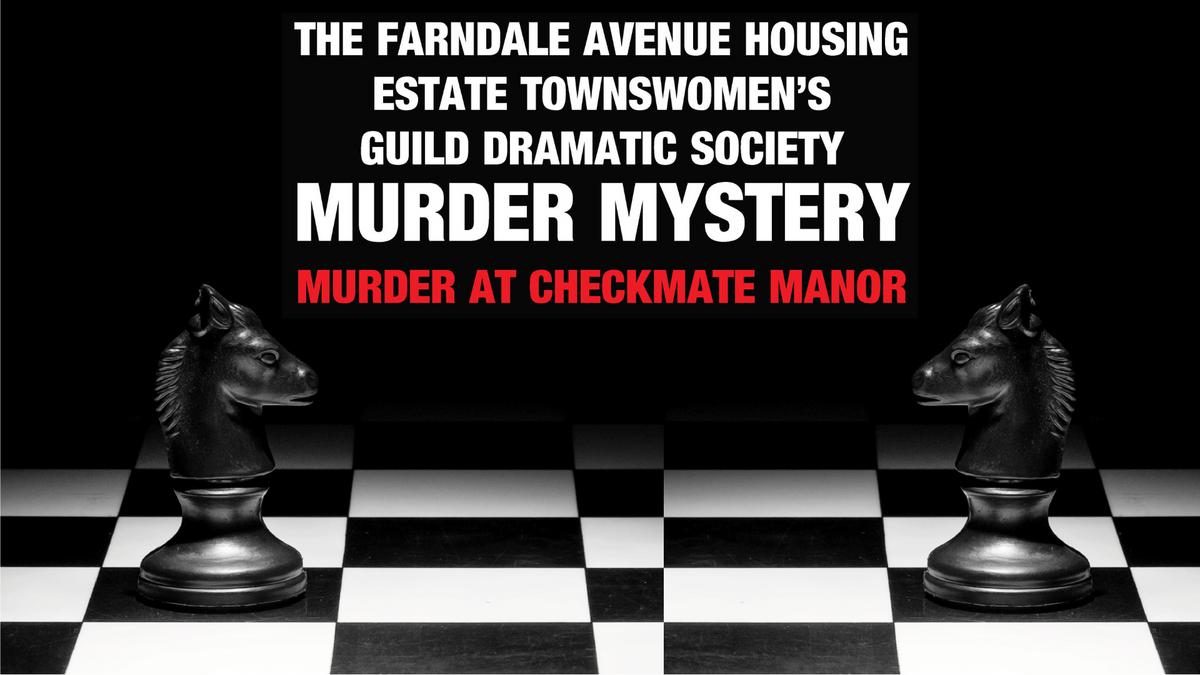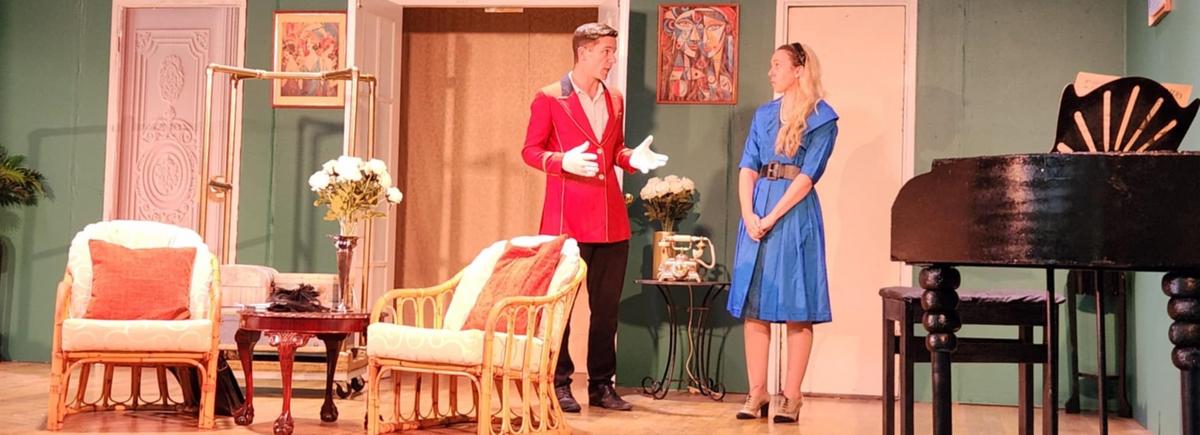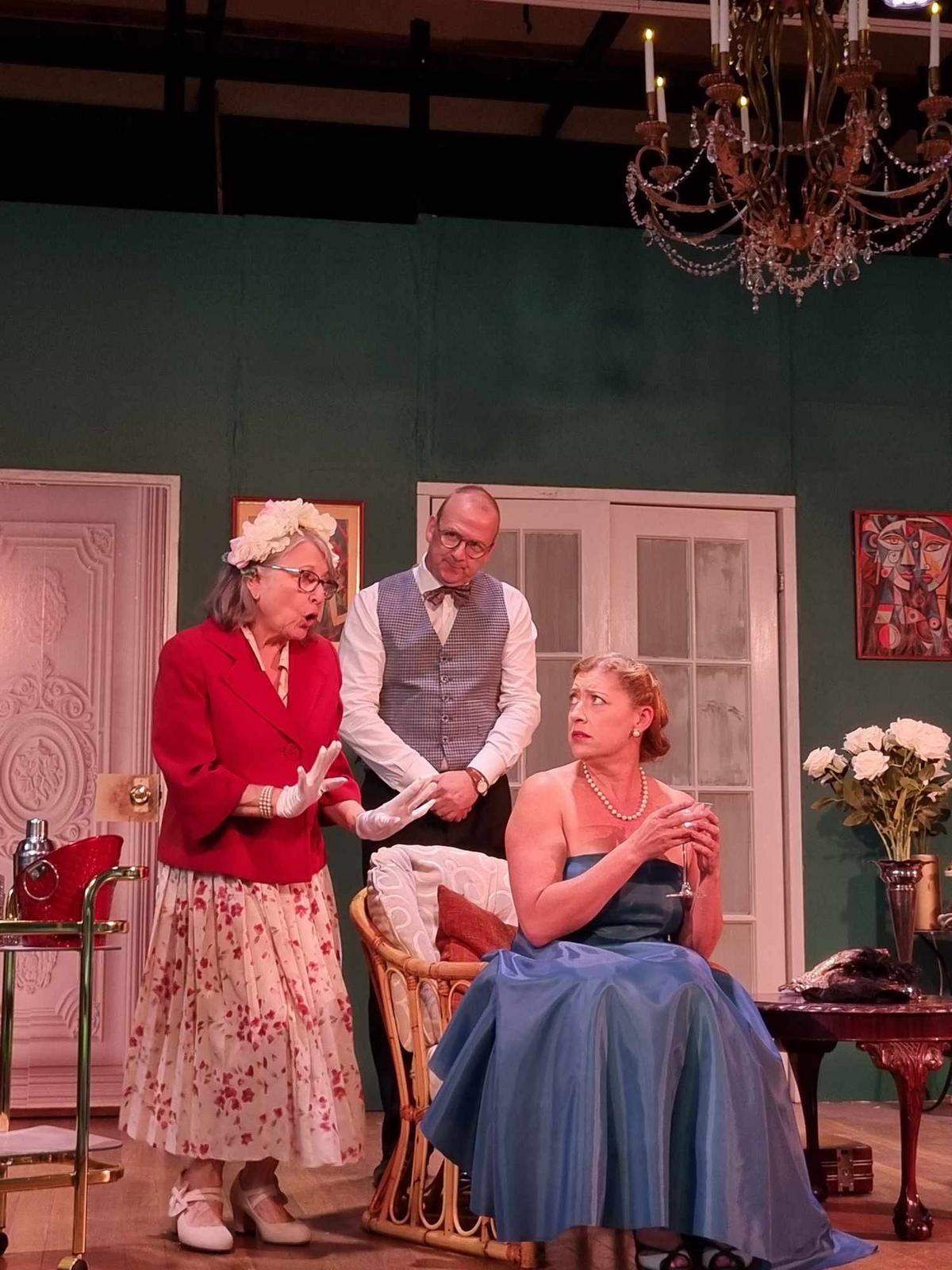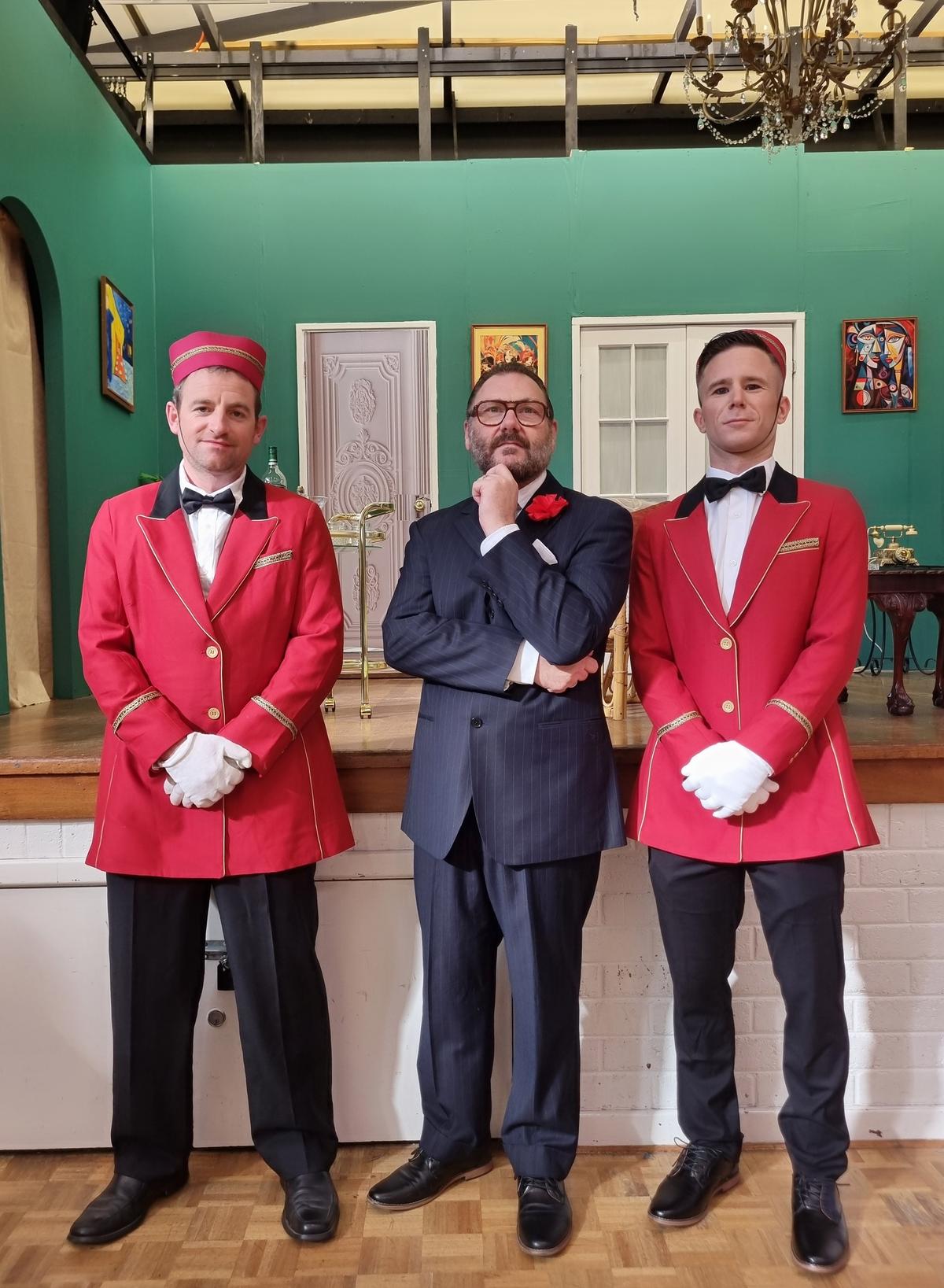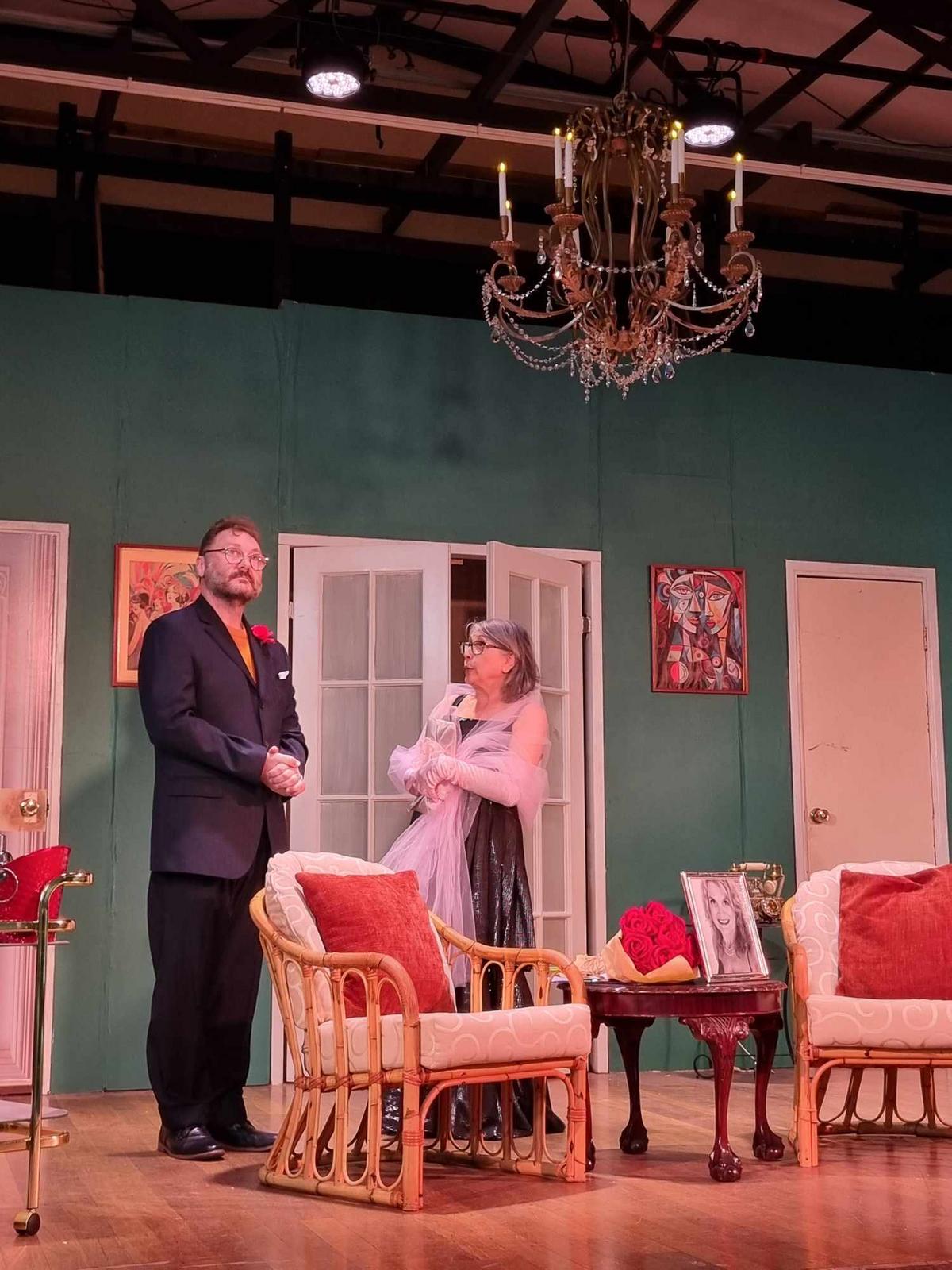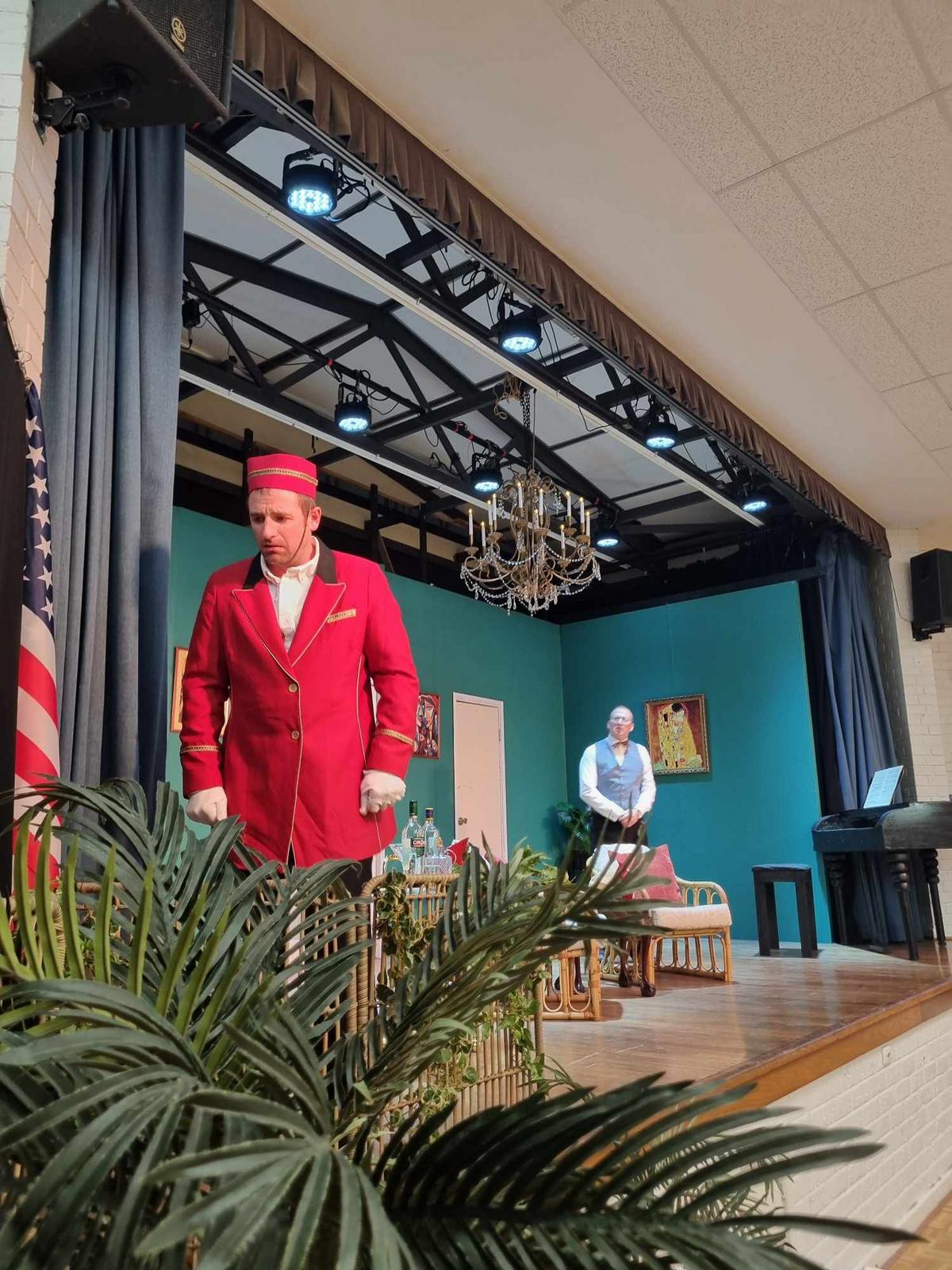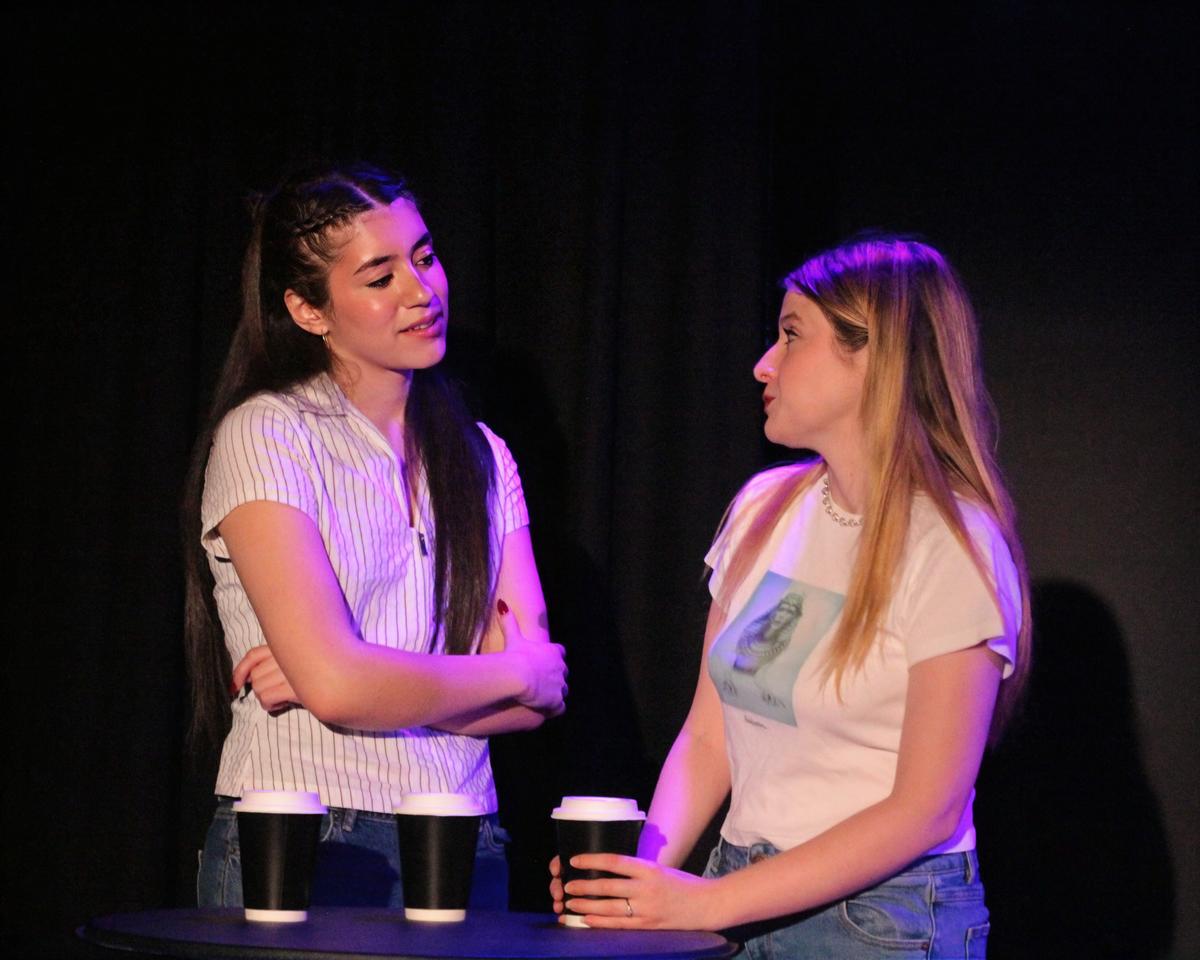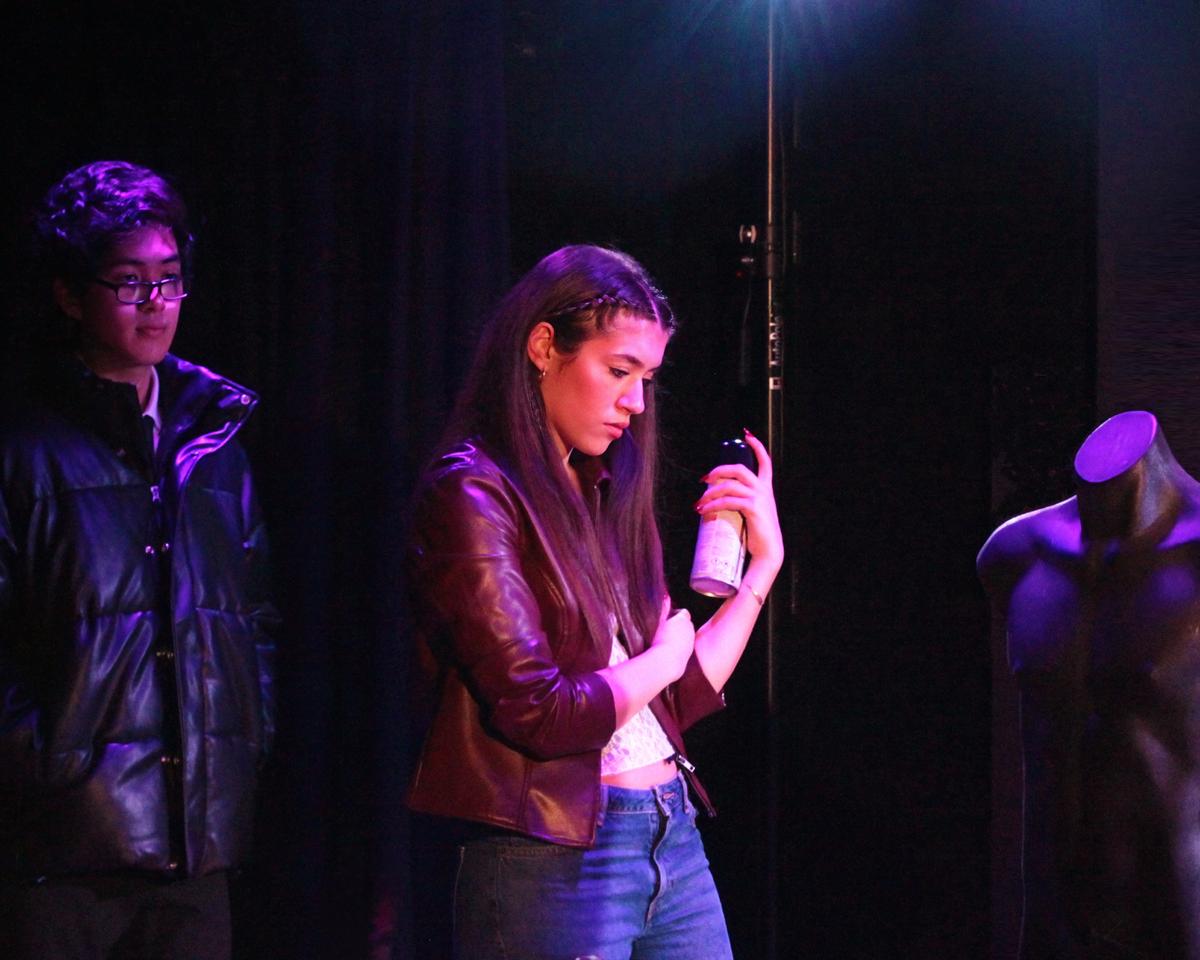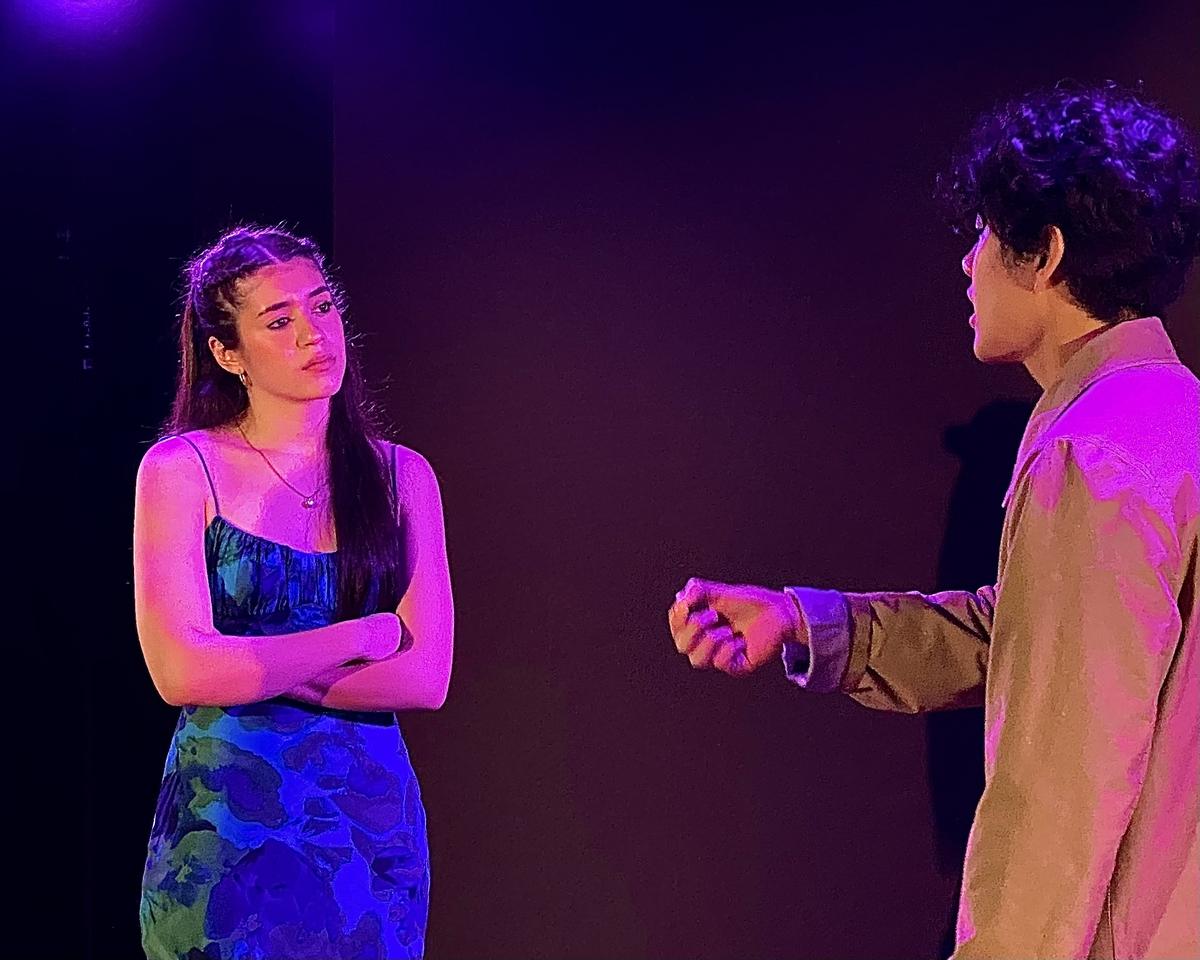I always love a good murder mystery. It’s a genre that never goes out of fashion. 8 Women is one of those good old fashioned murder mysteries with comedy, drama and mystery all rolled into one.
Presented by Playlovers at the Old Mill Theatre in South Perth, 8 Women is an international award-winning play by French writer, Robert Thomas.
Set in an isolated mansion in the snowy French countryside, a man is found dead with a knife in his back, and all 8 women are suspects.
What is meant to be a time of celebration as they all come together for the Christmas holiday season turns into 24 hours of mayhem as they each suspect the other of murder. All 8 women are known to each other, and they each have a motive for killing the patriarch of the family, Marcel.
There’s the lady of the house and Marcel’s wife, Gabby. Gabby’s neurotic sister, Augustine, and Gabby’s mother, only known as Granny, which Marcel has kindly allowed both to live with him and Gabby at the mansion. Then there’s Marcel and Gabby’s daughters, Suzon and Catherine, their nanny, Madame Chanel, the sultry maid, Louise and Marcel’s sexy sister, Pierette.
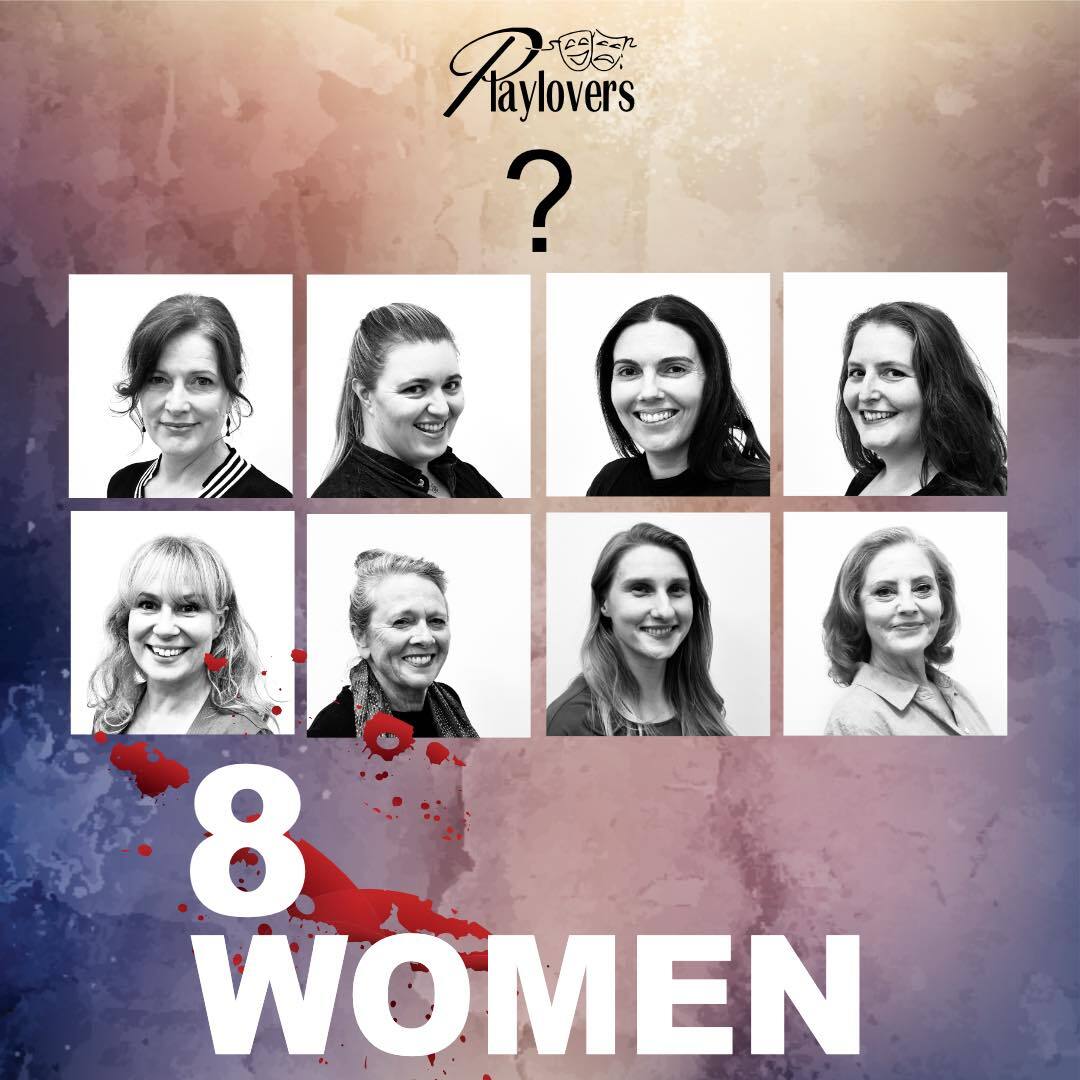

Tension between the women grows as secrets are revealed on their path to discovering the identity of the murderer. As Catherine declares, the murderer must be one of them.
Whilst there was no clear indication as to which decade this was set in, there were very strong vibes of a 1950s melodrama.
As the play is naturally all spoken in English for the audience to understand, it became apparent that these were meant to French characters when upon Suzon’s return from London she says she learnt some new English words and says them in French.
The actresses each play of their roles superbly and the chemistry between them is palpable. The play however was far too long. There were scenes that really didn’t add anything to the story and could have been left out. It was so long that towards the end, I had almost lost interest on finding out who amongst them was the murderer.
Nevertheless, it was an enjoyable play with an ending that you either love or hate. Expect hair-pulling, taunting, crying and lot of screeching as the women turn on each other in search of the truth.
To book tickets to 8 Women, please visit https://www.taztix.com.au/playlovers/.



